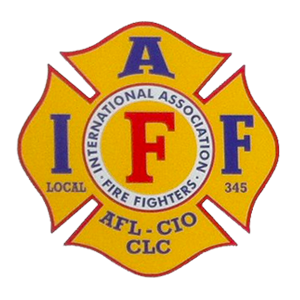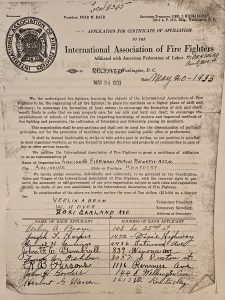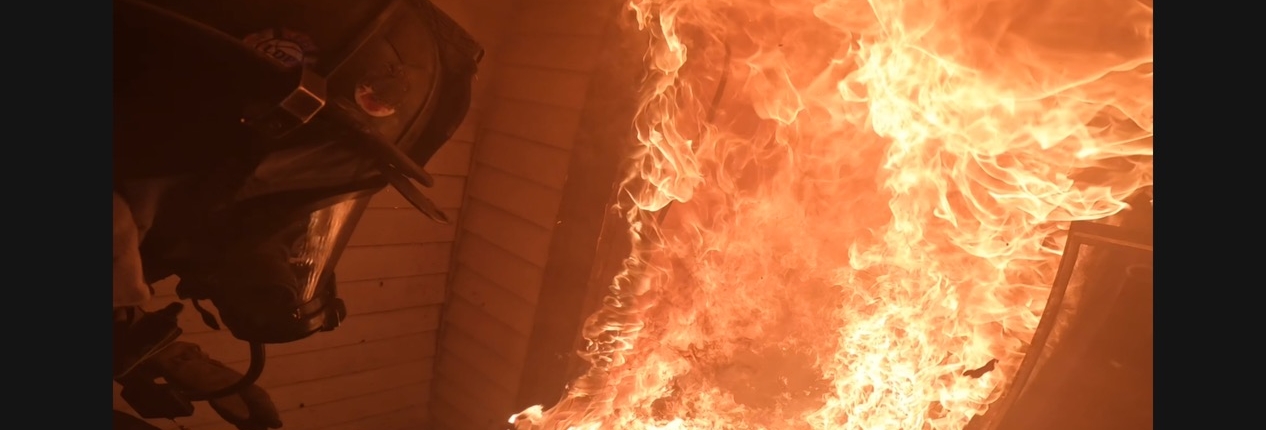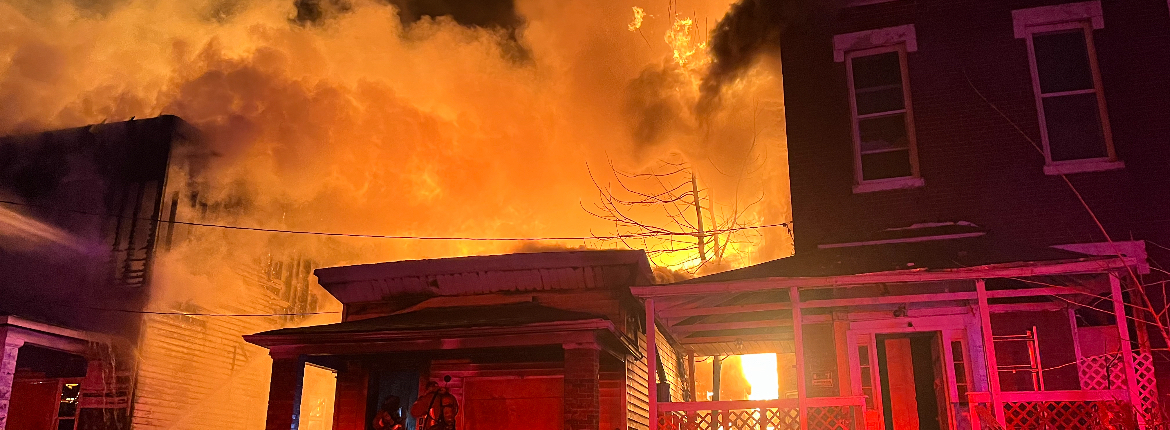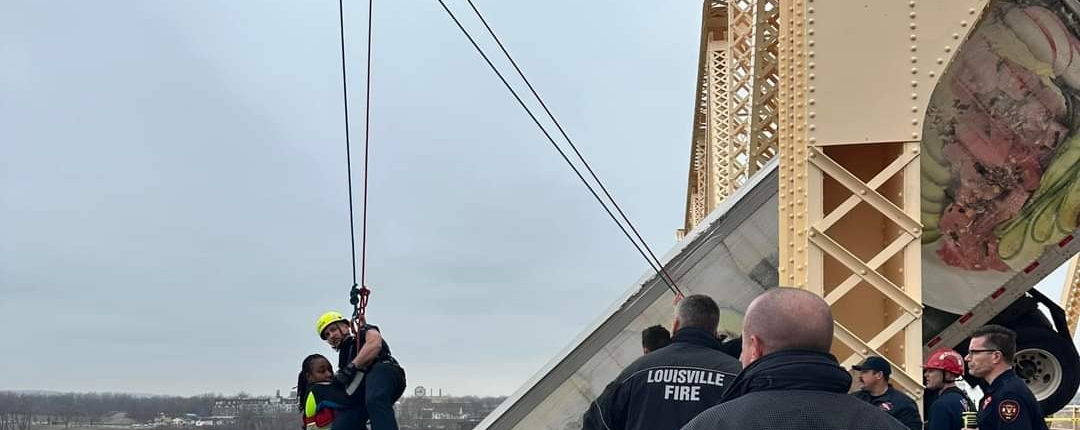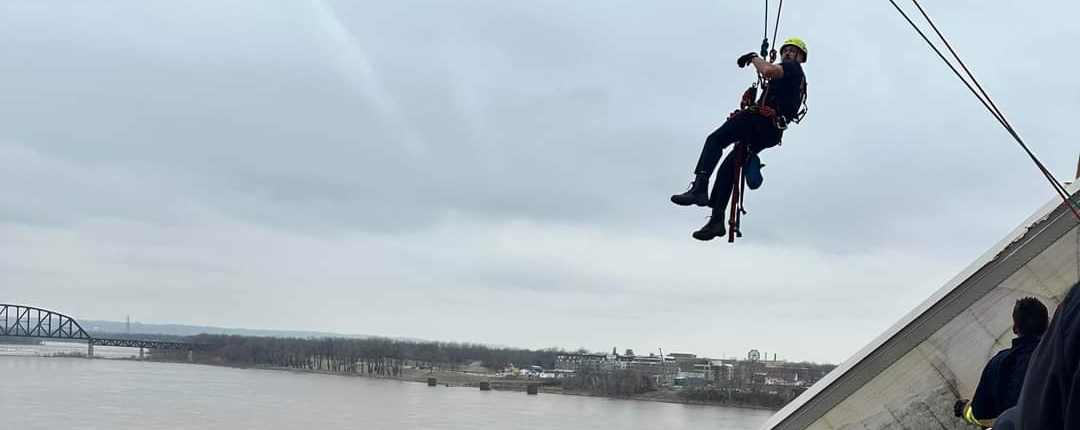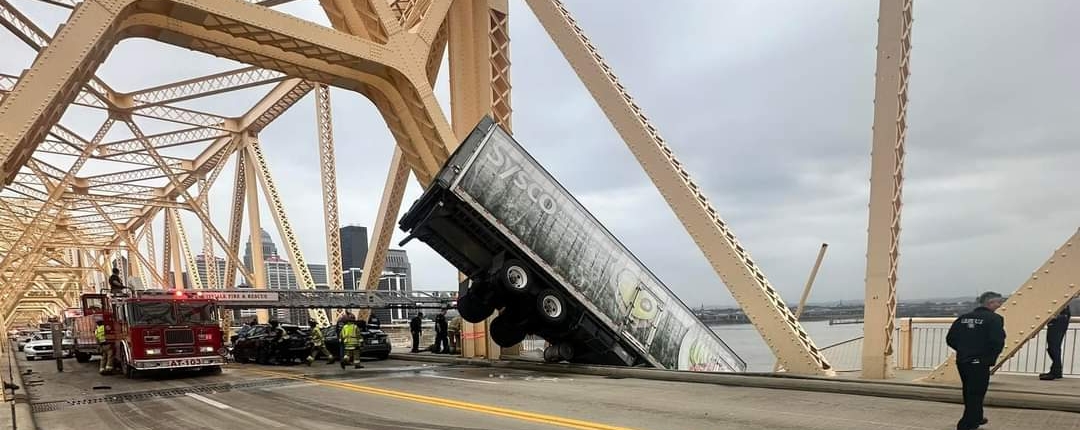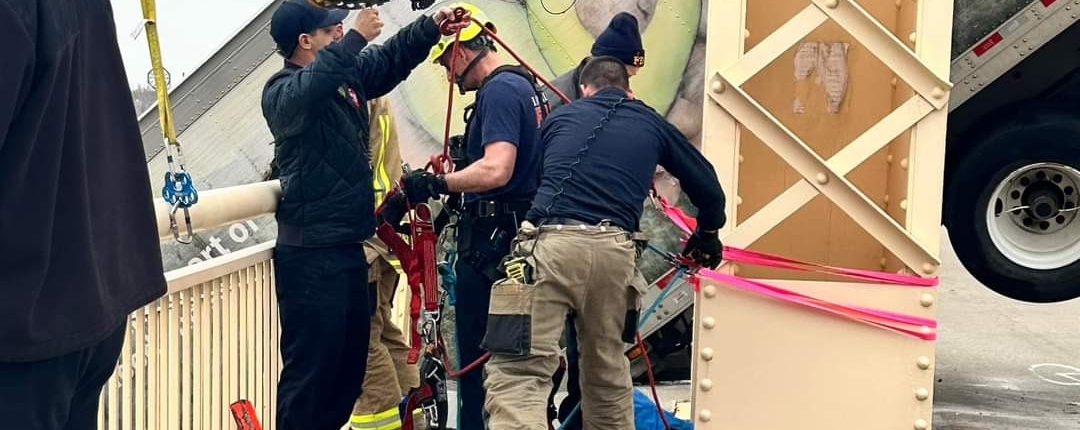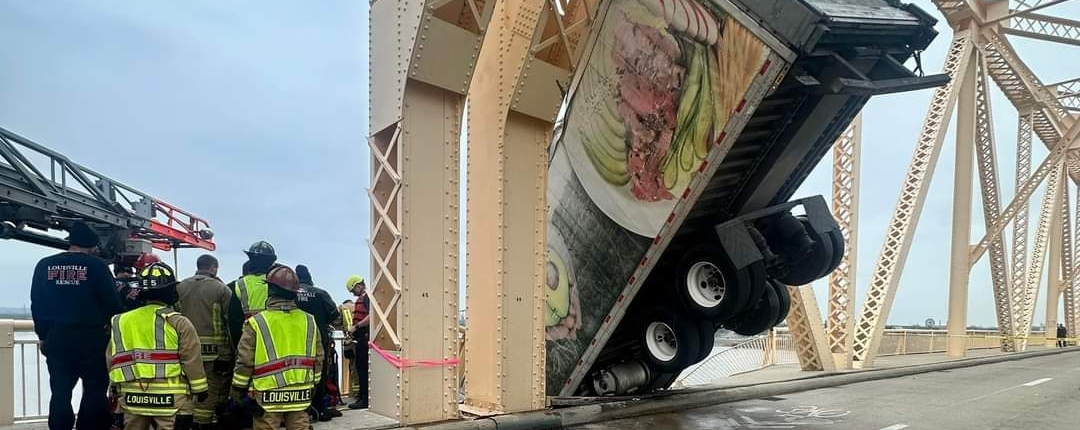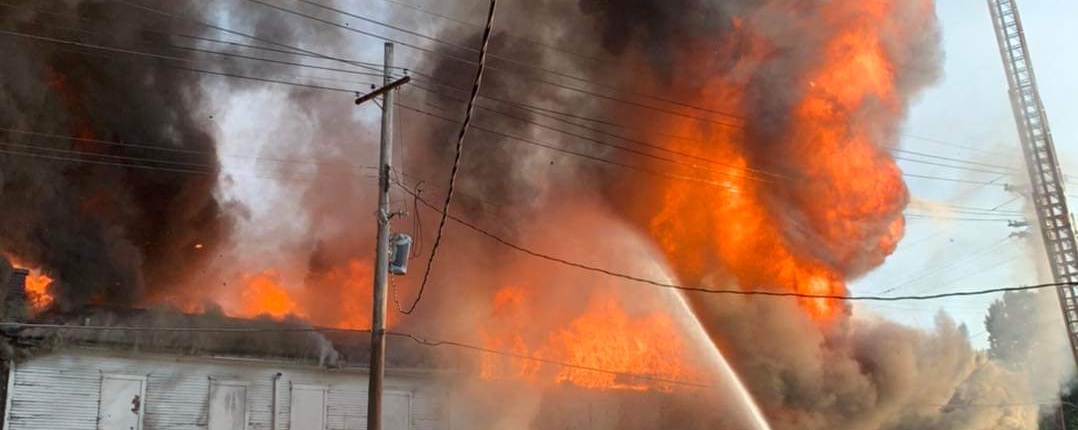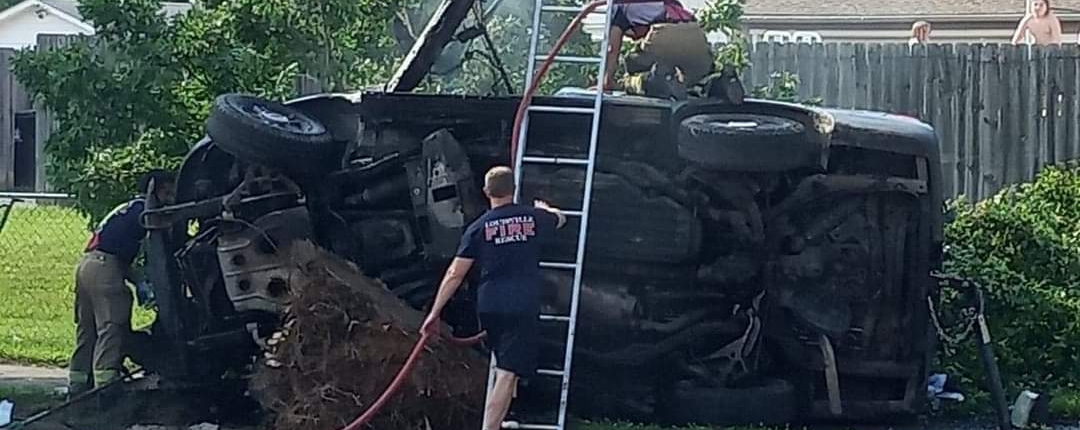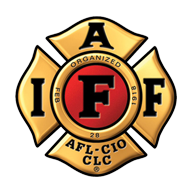 Greetings, and welcome to our site! The Louisville Fire Department has been protecting this community for over 160 years, and its members have been protected by the IAFF for over 70. We invite the public to see what is happening with your local firefighters, and we invite our members to stay actively involved with our Union.
Greetings, and welcome to our site! The Louisville Fire Department has been protecting this community for over 160 years, and its members have been protected by the IAFF for over 70. We invite the public to see what is happening with your local firefighters, and we invite our members to stay actively involved with our Union.
History of Local 54
The growth of firefighting as a professional trade moved forward alongside the industrial revolution in America. As volunteer fire departments became paid professional departments, they were treated similarly to other trades – employers wanted to get the most output from their workers while spending as little as possible on wages, benefits and safe working conditions. Wages for firefighters were low, benefits were non-existent, and unsafe conditions were considered to be a natural part of such an inherently dangerous profession. Firefighters worked a continuous shift, seven days a week, where they lived at the stations – hence the name firehouse. Working conditions such as these across industrial America were the kindling that eventually fanned the flames of the labor movement.
By 1903, the American Federation of Labor counted seventeen fire department locals among their ranks of labor unions. In the next decade the famous labor leader, Samuel Gompers, assisted firefighters in creating their own organization, the International Association of Firefighters, as an affiliate of the AFL. On January 1, 1917, the Louisville Firefighters petitioned to join the IAFF, and were accepted as Local #54. It is not clear if this local number was chosen by Louisville members or assigned to them by the IAFF, because those first members were able to choose their own number. Pittsburgh and Chicago were the first two departments to submit their paperwork and then had a coin toss to decide who would be granted the first Local number. Pittsburgh won the toss and they are now Local #1 and Chicago is Local #2. The first IAFF President was Thomas G. Spellacy of Schenectady, New York. Because the IAFF officially organized on February 28, 1918, Schenectady chose to be Local #28 to recognize President Spellacy.
Although one of the first cities to join the IAFF, Louisville would not be a member for long. In 1917 the city of Louisville passed a resolution that made it illegal for firefighters and police officers to join a national union. Faced with the threat of being fired if they continued their membership in the IAFF, the firefighters chose to withdraw. Local #54 ceased to exist, and that local number remained unused until May 2022 when the membership voted to reinstate it, becoming Louisville Professional Firefighters Local #54 once again.
On May 30, 1933, with Verlin Beam as their proposed President and W.H. Dyer as their proposed Secretary, the Louisville Fireman’s Mutual Benefit Association applied for membership in the IAFF. The city government again invoked the resolution of 1917 to block the group’s attempt at organizing. A secure job during the Great Depression was a priceless commodity, so when the members were once again faced with being fired if they unionized, chose to withdraw their petition for membership with the IAFF. The Louisville Firemen’s Mutual Benefit Association continued to exist locally to try and provide for the families of fallen firefighters and to assist those who were injured in the line of duty. Eight years later, members of the Louisville Fire Department were able to convince the city to allow them to organize, and on April 30, 1941, the Louisville Professional Firefighters were reinstated in the IAFF as Local #345.
Our predecessors in Local #345 worked locally, statewide and on a national level to provide many of the benefits that we enjoy today in the Louisville Division of Fire. Our working hours have progressed from a continuous shift to a two platoon system of one day off, one day on, to the three platoon system that we now work. Firefighters now have Worker’s Compensation benefits in the event that they get injured on the job and firefighter’s families now receive benefits if their loved one is killed in the line of duty. Collective bargaining rights have been secured locally, so that our members can sit down with management face to face at the bargaining table to agree on wages, benefits and working conditions. Firefighting is not a profession that will make a person rich, but thanks to the hard work of Local #54, a firefighter can earn respectable pay, benefits and a well-deserved retirement. On a large scale, the IAFF has been a leader in workplace safety with such developments as superior turn-out gear, which they worked together with NASA to develop, the invention of the Personal Alert Safety System (PASS devices), and the continued improvements to our S.C.B.A. systems. Locally, it was our union that led the way to implement exhaust recovery systems in all our fire stations, thus putting an end to the diesel exhaust fumes that filled our living and sleeping quarters.
The Louisville Professional Firefighters work hard to provide benefits to members outside of work as well. In 1997, Local #54 purchased and developed a Union office and gymnasium located at 400 Bakers Lane.
For over a quarter of a century, that property provided a meeting space, basketball gym for members use off-duty, reception hall and office space that provided efficient running of the local. In 2023, the members voted to relocate to a smaller, newly renovated and centrally located hall at 425 West Lee Street. Our new location, between Old Louisville and U of L’s campus, is now more accessible to both on and off-duty members, and is once again within the response area of the Louisville Division of Fire. Moving back into the City facilitates the Local’s improved interaction with the membership of working companies, the general public we all serve and representatives of Metro Government and community organizations.
As a professional trade, firefighting has come a long way in the past 175 years, and nearly all of the aspects of that profession that make it so honored and beloved can be attributed directly to the men and women who have done the job. It is that honor and love that firefighters have for their profession, and exemplify for the community that they serve, that provides the basis for the IAFF – firefighters representing and serving other firefighters. Who better to speak on behalf of those firefighters than those that do the job themselves. The International Association of Firefighters has been working for the rights and benefits of their fellow firefighters since 1918, and it is up to us and our future generations of firefighters to continue that mission.
